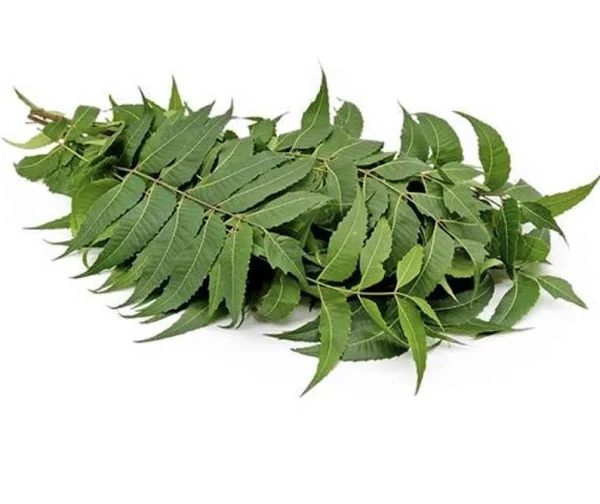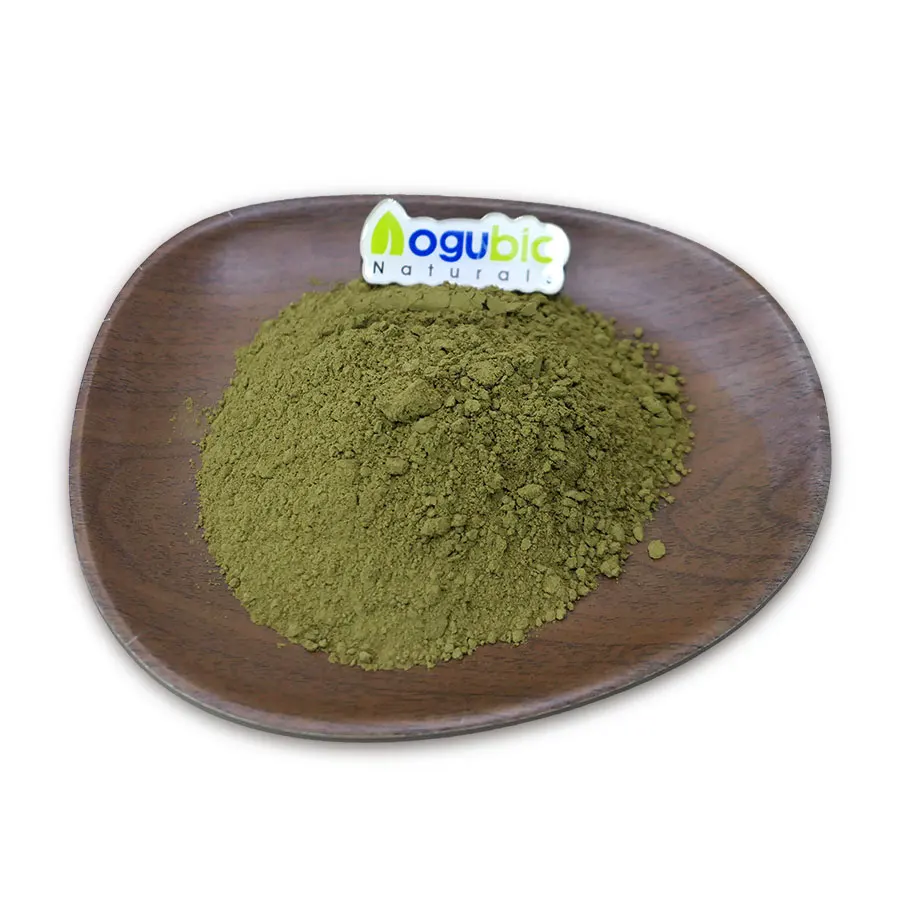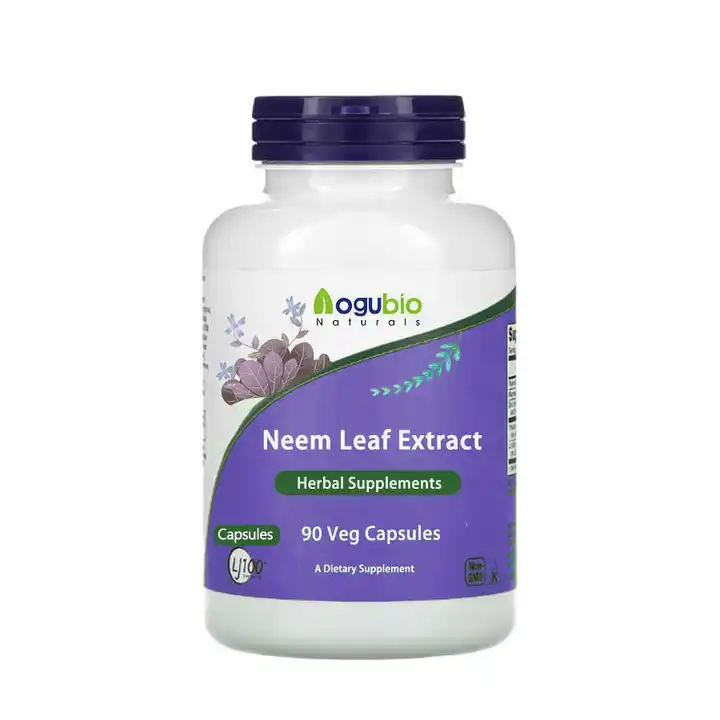
Neem (Azadirachta indica) is a tree that grows in tropical regions such as India. The leaf extract is used to reduce tooth plaque and to treat lice.
Neem contains chemicals that might help reduce blood sugar levels, heal ulcers in the digestive tract, prevent pregnancy, kill bacteria, and prevent plaque from forming in the mouth.
People use neem for lice, tooth plaque, gingivitis, psoriasis, to repel insects, and for many other purposes, but there is no good scientific evidence to support most of these uses. There is also no good evidence to support using neem for COVID-19. Neem seed oil is used as a pesticide.
Uses & Effectiveness
- Tooth plaque. Applying a gel containing neem leaf extract to the teeth or using a neem mouthwash can reduce the amount of plaque on the teeth. But it is not clear if neem is as helpful as using chlorhexidine mouthwash or gel.
- A mild form of gum disease (gingivitis). Applying a gel containing neem leaf extract to the teeth or using a neem mouthwash can reduce gingivitis in some people. But it is not clear if neem is as helpful as using chlorhexidine mouthwash or gel.
- Lice. Applying a neem extract shampoo to the scalp once can treat head lice in children.
Nutritional Value of Neem:
Leaf meals from some tropical legumes have been explored due to the need to look for alternative sources of food for humans and feed for livestock. Neem leaf meal was analysed in a study that found that it has 18.10% crude protein and relatively high crude fibre of about 15-56%. Though the gross energy content was high at 4.16 kcal/g, the metabolizable energy is low.
Non-ruminant animals might also benefit from leaf meal from neem plants as a source of protein, vitamins, minerals, and carotenoids.


10 health benefits of neem
- Boosts immunity
Neem provides abundant antioxidants, and bioactive components of neem help protect the body against different diseases and skin infections.
It exhibits powerful antibacterial, antiviral, and antifungal characteristics, which prevent infections, such as common cold, sore throat, and other respiratory abnormalities.
- Promotes brain health
The antioxidants in neem may have brain-protective properties.
Neem may protect against brain damage in stroke sufferers.
It may benefit the brain by increasing vitamin C (ascorbic acid) levels and help in the lipid peroxidation process.
- Manages diabetes
Neem leaves have powerful anti-diabetic properties that help regulate blood sugar levels in the body.
When the leaf powder or juice is consumed, it balances the blood sugar levels by helping with beta cell protection and repair.
- Promotes liver health
Neem may have some effect on liver protection, which may assist in blood purification.
Neem leaf may help prevent chemical-induced liver damage by stabilizing blood marker enzyme levels and raising antioxidant levels, such as those found in natural carotenoids and vitamins E and C.
These antioxidants may aid in the neutralization of free radicals and prevent cellular damage.
- Prevents and treats infections
There are several microorganisms in and around the body.
Some microbes are beneficial to the body, and some may cause serious infections.
Neem when taken orally or used topically can prevent the overgrowth of microbes and keep the body from not wasting more energy fighting them.
Consuming a particular quantity of neem regularly can eradicate the bothersome bacteria in the digestive tract, and the colon will remain clean and free of disorders.
- Promotes oral health
Neem has been used for decades to improve oral hygiene.
Halitosis commonly called bad breath is an indication of poor dental health.
Neem powder or oil has germ-killing qualities that help remove foul breath and germs from the oral cavity, preventing swelling, bleeding, and other oral disorders.
To alleviate gum discomfort and foul breath, just brush your teeth with a neem twig.
- Purifies blood
The detoxifying characteristics of neem make the herbal extract highly effective in blood purification.
It promotes blood circulation and facilitates the clearance of pollutants from the bloodstream.
- Treats wounds and ulcers
The anti-inflammatory and pain-relieving properties of neem leaves play an important role in the treatment of various ulcers, such as ulcerative colitis, peptic ulcers, canker sores, and mouth ulcers.
The bioactive components in the neem leaf stimulate tissue regeneration and wound healing, and the juice collected from the leaves is used to dress wounds.
- Reduces the risk of cancer
Neem contains flavonoids and other compounds that may protect against cancer progression.
Neem and its extracts could be effective against a wide spectrum of cancer cells in humans, including skin, breast, lung, oral, stomach, liver, colon, and prostate cancer.
- Protects the skin
Neem leaves have traditionally been used to cure head lice and skin disorders, wounds, and ulcers.
Neem oil can prevent the proliferation of acne-causing bacteria and prevents acne.
Active components of neem, such as triterpenes, stigmasterol, nimbidin, margolonone, and margoline, have antimicrobial and anti-inflammatory properties.
External use of neem is effective as a mosquito repellent.
Neem is perhaps the world's oldest skin softener.
Neem leaves can be cooked in water, filtered, and preserved to use as a skin ointment.
Post time: Nov-30-2023




